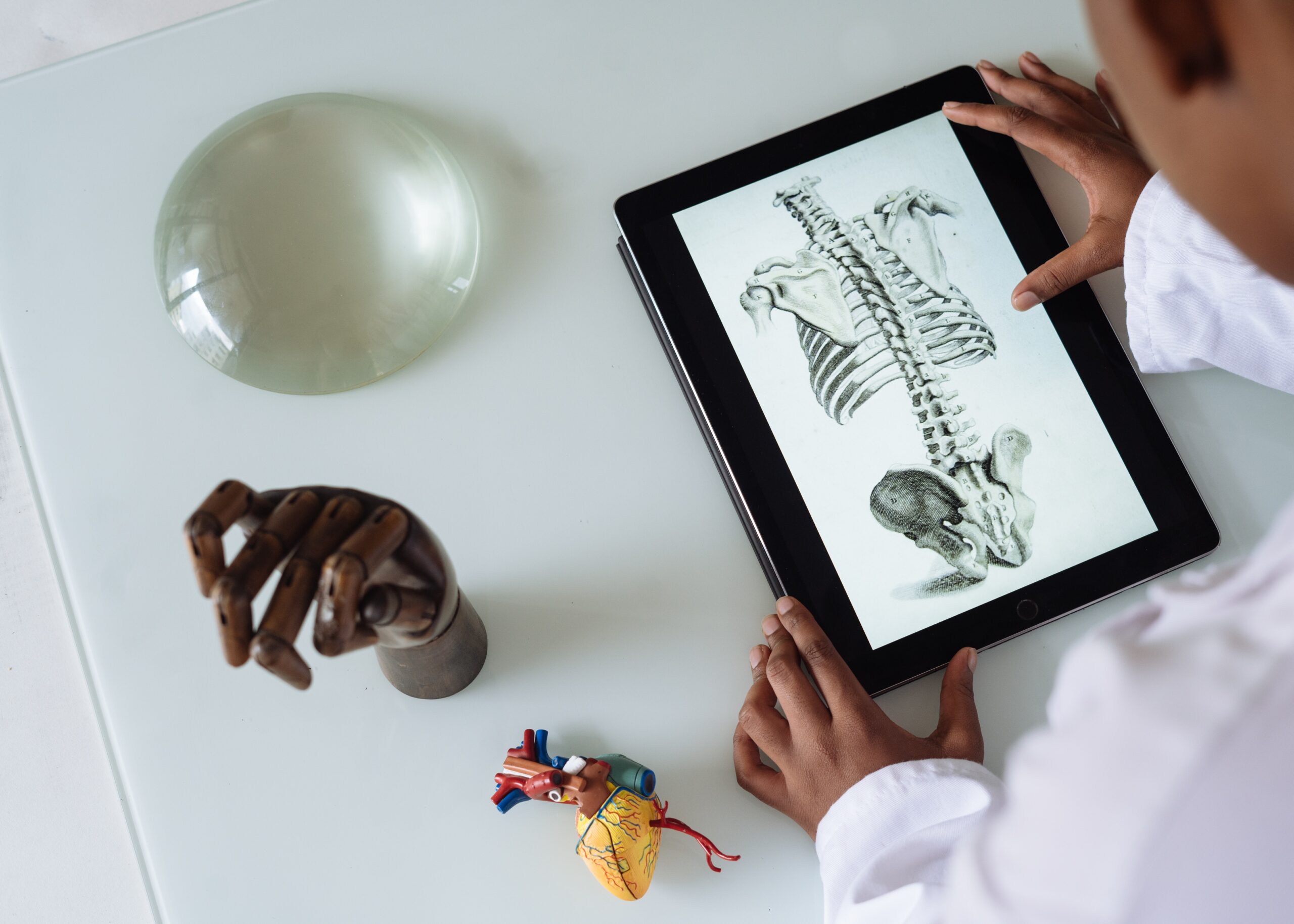By Alyson Rockhold PA-C, MPH
When I was a PA school student imagining my future career, there was a lot that I got wrong. I had no idea about insurance battles or the mountain of paperwork I would be facing. On the other hand, I also never imagined that I would have patients tell me that I had changed their lives or bring me homemade cupcakes to thank me.
“It’s so hard to separate the real from the ideal as you peer into the future. So, I decided to interview one recent PA graduate and one current PA to get a wider perspective on the PA career. And, to make it even more fun, they just so happen to be related to each other!
Dani Cross just completed PA school at Midwestern University. Right now she is dreaming about and applying for her first PA job. Her sister-in-law’s sister-in-law (yes, you read that correctly) is Amanda Chibaka, a PA at a children’s hospital in Colorado.
I had the pleasure of speaking with both of these women about their real and idealized versions of a PA career:
1. What is (or will be) the best part of working as a PA?
Dani Cross (recent PA graduate): “I went into healthcare because I wanted to help people, and I think the biggest reward is going to be making a difference.”
Amanda Chibaka (current PA): “There are so many great parts of my job! I love my colleagues and working in a multidisciplinary area of medicine. There is so much variety in what we see and always something new to learn. I love caring for critically ill kids and their families in what has to be some of the hardest days of their lives – especially when those kids make remarkable recoveries.”
Thankfully, there is a lot of overlap between what is real and ideal about the positive parts of being a PA. Both women talked about how the profession centers around helping people!
2. What is (or will be) the worst part of working as a PA?
Dani Cross (recent PA graduate): “I know there will be ‘constraints outside of what I’m able to control’ such as ‘insurance and patients not being able to be scheduled to be seen.’ These constraints may ‘inhibit me from providing the type of care that I want to (provide).’
“Sometimes I spend more time documenting, communicating with other services, and care-coordinating than spending face-to-face time with my patients. Also, working nights is hard!”
Amanda Chibaka (current PA): “Sometimes I spend more time documenting, communicating with other services, and care-coordinating than spending face-to-face time with my patients. Also, working nights is hard!”
Again, we can see a lot of similarity between these responses. There is so much more to being a PA than just practicing medicine. It certainly can be frustrating when other tasks get in the way of letting us do what we feel called to do: Help people!
3. How do you (or will you) spend the majority of your day as a PA?
Dani Cross (recent PA graduate): “The majority I think will be spent with patient care. Of course, ‘a big insurance, admin, and charting component will be factored in as well, but the biggest amount of time will be face to face with my patients.’
Amanda Chibaka (current PA): “Every day is different! (Another best part of my job – it never gets boring) I spend a lot of my day following-up on patients and interventions, seeing new patients, communicating with consultants, and documenting all that I’ve done.”
Yes, patients are at the very center of our PA lives! Many other tasks may steal our attention away, but we always return to those face-to-face encounters that we trained so hard to be able to handle.
4. What are the unique aspects of the PA career that appeal to you?
Dani Cross (recent PA graduate): “I don’t see myself staying in one specialty the whole career… I don’t have a set direction of where I see myself in 10 years. I like the flexibility of the PA profession. I see myself taking opportunities as they come up.”
Amanda Chibaka (current PA): “I get to think critically about my patient’s health and make interventions that I believe will help them while getting to the patients and their families. There is also the flexibility with how PAs are trained that if I needed to make a job change, there are a wide range of jobs out there.”
I was shocked that both women used the word ‘flexible’ to define the PA career field. Yet, when I look back on my 10 years as a PA and realize that I’ve worked in 5 different areas of medicine, I’m so thankful for the flexibility of being a PA!
Were you surprised how much the idealized version of PA work lined up with reality?


